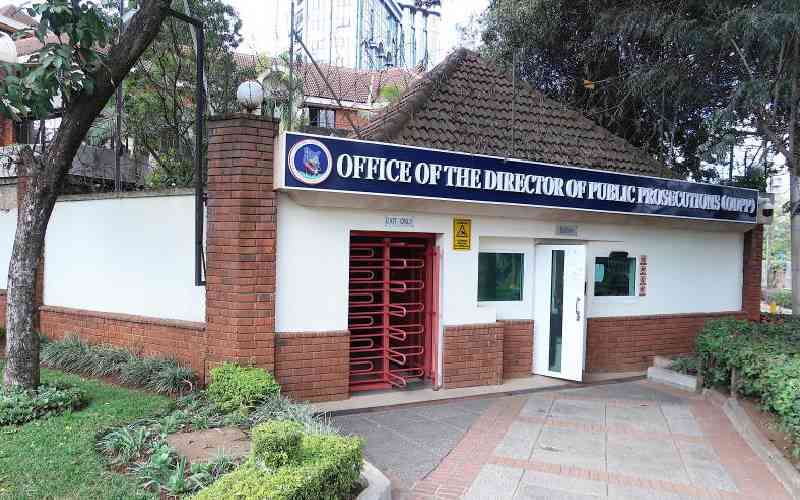×
The Standard e-Paper
Kenya’s Boldest Voice

Differing perspectives have surfaced between the Judiciary and the Office of the Director of Public Prosecution (ODPP) concerning a provision in the Children's Act of 2022 that permits cases involving minors accused of offenses to be referred to out-of-court settlements.
During a public participation forum for the enactment of rules governing cases of Children in Conflict with the Law, held on Monday, August 14, the Judiciary and ODPP found themselves at odds.